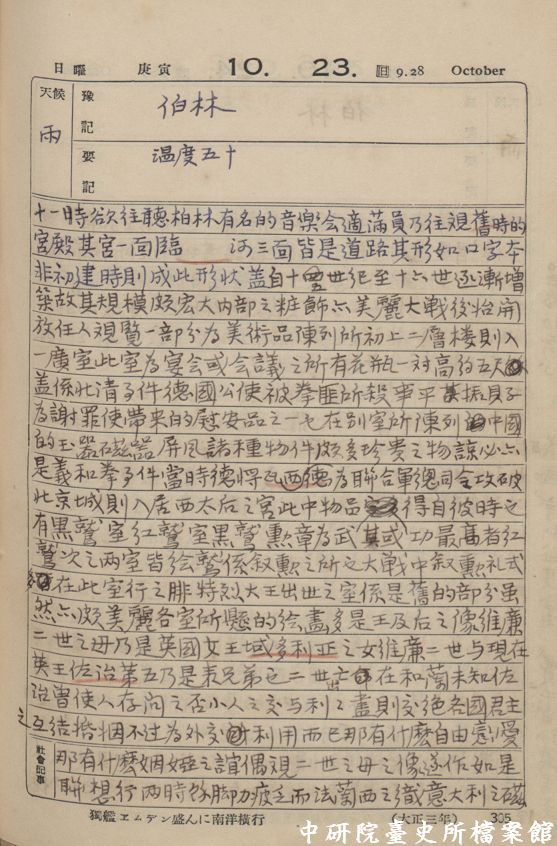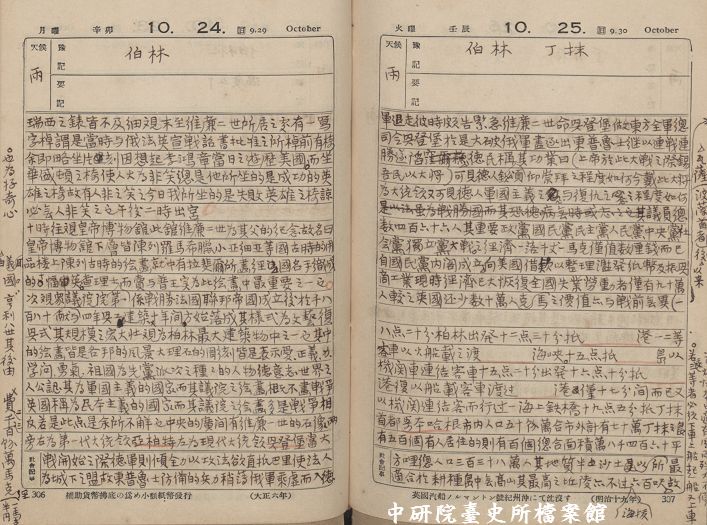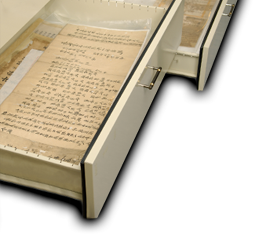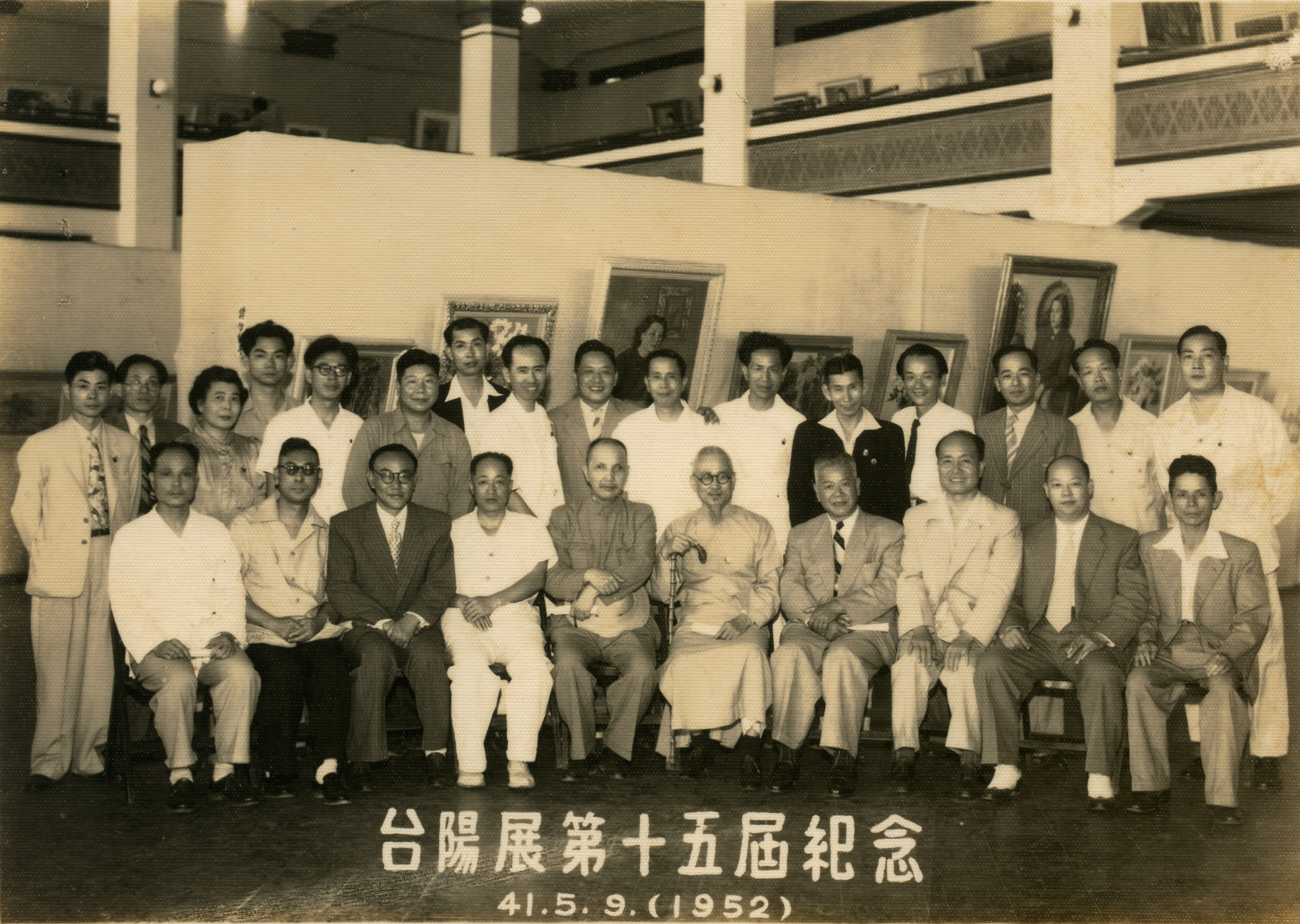|
On October 23, Lin Xian-tang visited the old Palace in Berlin, Germany. At a small room in the old Palace, there was a pair of vases, which were presents that the Qing government gave to Germany to express remorse over Clemens von Ketteler, the German diplomat who was killed in the Yihetuan Movement. Other Chinese items like jade articles, porcelains, folding screens in that small room were probably the plunders that taken by German army in the Yihetuan Movement. In addition, a portrait of Wilhelm II’s mother, who was Queen Victoria’s daughter as well, reminded Lin Xian-tang that Wilhelm II and George V were cousins. However, even though they were cousins, nobody knew if George V had sent anyone to express concern over Wilhelm II when Wilhelm II was exiled to the Netherlands. Actually, marriages of convenience among European countries were mainly for political purposes. If one side could not gain any benefit from the other, their relationship would end. As a result, such political marriages between royal families were the marriages not for love or family but for diplomatic purposes. Later on, Lin Xian-tang went to see Wilhelm II’s residence. There was a writing desk where Wilhelm II wrote a document to declare war on Russia, France and the United Kingdom in the First World War. Lin Xian-tang sat on Wilhelm II’s chair for a while thinking of the things happened to Li Hong-zhang, a Chinese politician. In fact, when Li Hong-zhang traveled around in the United States, he had sat on the chair belonging to George Washington. However, people laughed at Li because Li was regarded as a loser, but the chair he sat on was a chair belonging to a hero who succeeded. “Today I sat on the chair belonging to a tragic hero. I think no one will laugh at me,” Lin Xian-tang wrote in his diary. On the next day, Lin Xian-tang visited German Bundestag to see the works of art there. Lin said, “The paintings show sceneries in different constituent states. The marble sculptures show the spirits of love, justice, force, knowledge and courage. In fact, German Reich government pursued militarism. However, the paintings in Bundestag are not related to wars. On the contrary, the Great Britain is thought to be a democratic country, but most of the paintings stored in its Parliament are related to wars.” Lin was puzzled. (see Figure 4)   Figure 4: The Diary of Mr. Guan-yuan on October 23, 1927. (Source: The Diary of Mr. Guan-yuan, the digital archives of the Archives of Institution of Taiwan History) |
 |



